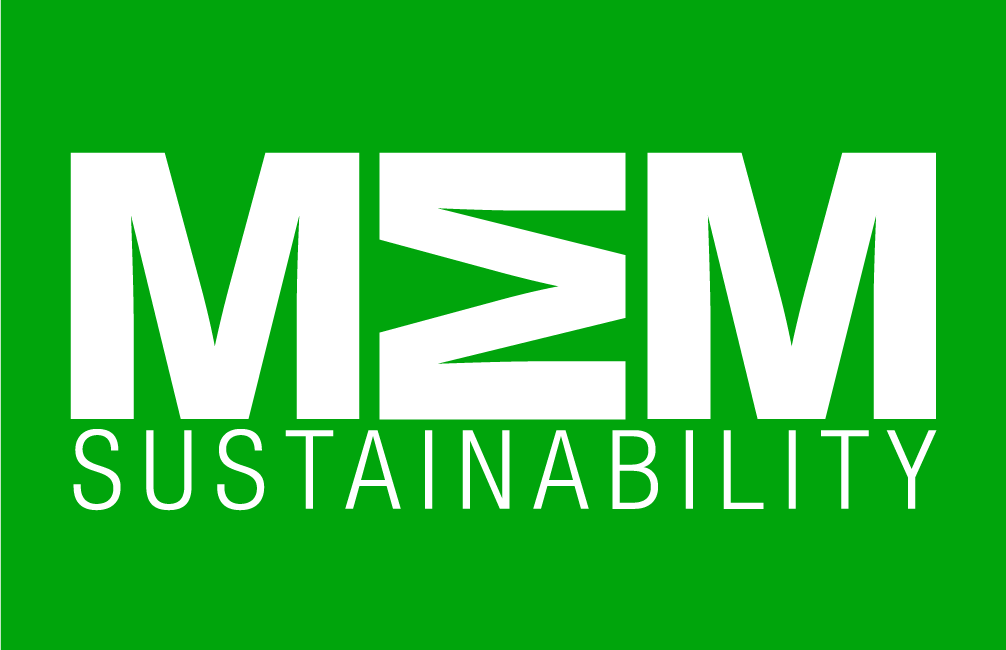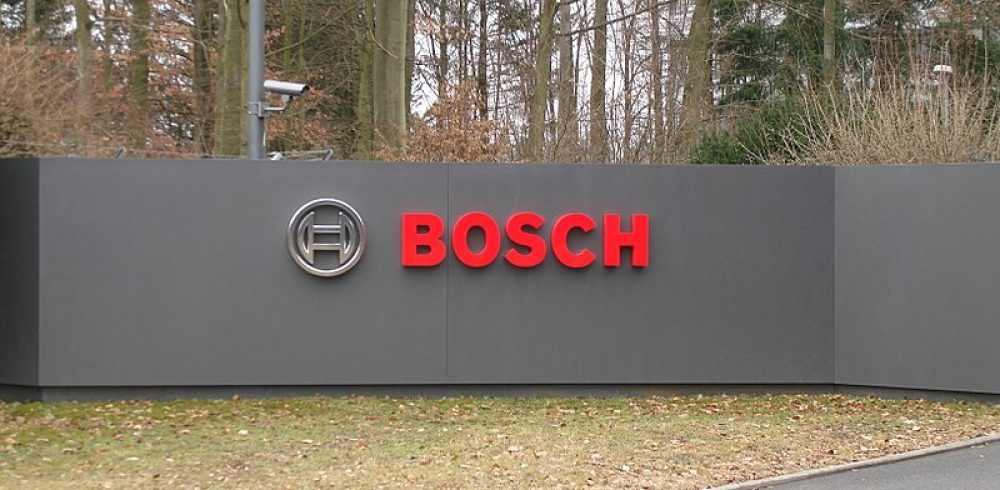Bosch, the engine parts manufacturer, claims to have found a way to dramatically cut NOx emissions in diesel technology. During its read driving emissions (RDE) testing it found that the vehicles equipped with its new diesel technology released emissions below current limits.
The European legislation has required since 2017 that new passenger car models tested should emit no more than 168 milligrams of NOx per kilometre. However, starting with 2020, this limit will be cut to 120mg.
While testing out its diesel technology, Bosch found that the vehicles achieved as little as 13mg of NOx in standard legally-compliant RDE cycles. Even when tested in particularly challenging urban conditions, the average emissions of its test vehicles were still as low as 40 mg/km. This means that Boschâs technology reduces the emissions by approximately one tenth of the EU limit that will apply after 2020.
Bosch explained that a combination of advanced fuel-injection technology, a newly developed air management system and intelligent temperature management made such low readings possible. By refining existing technologies and removing the need for new components, the NOx reduction can be achieved without any additional vehicle costs.
We firmly believe that the diesel engine will continue to play an important role in the options for future mobility, said Bosch CEO, Dr Volkmar Denner. Until electromobility breaks through to the mass market, we will still need these highly efficient combustion engines.
However, not everyone received the news with a note of optimism and environmental group ClientEarth reacted to Boschâs NOx cutting claims with scepticism: We’ve not yet seen a combustion engine that’s clean for people’s health and the environment, and the car industry has shot itself in the foot when it comes to consumer trust. For diesel, it might just be too late, said ClientEarth clean air lawyer Ugo Taddei.















